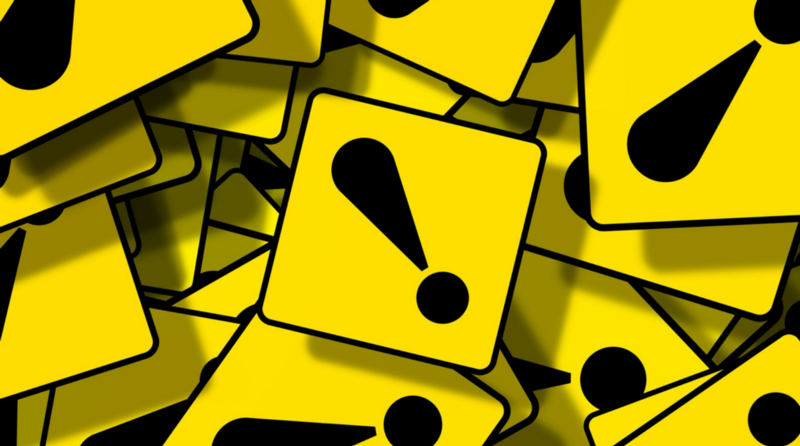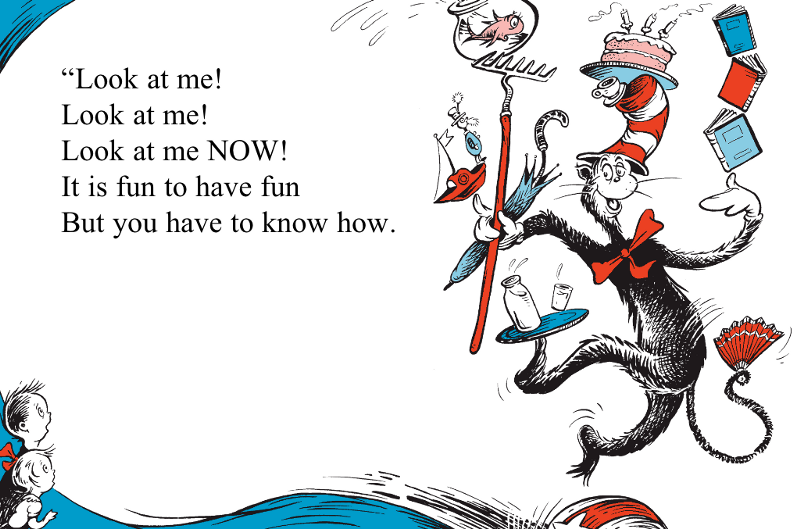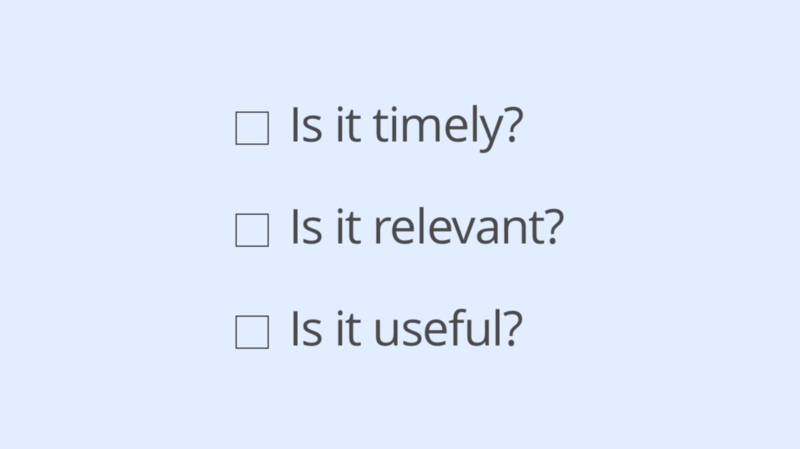How are you zadolbali with their alerts
Alone against the industry.

About 30 alerts come to my phone every day. 30 times a day, my phone vibrates and rings, begging to pay attention to it. It vibrates when I make breakfast. Vibrates when I'm late for a meeting. It vibrates even when I try to bathe my baby.
I look at my phone and see something like this:

Facebook: John, do you know Ben Glenn?
')
Yes, I know Ben. Great guy. But honestly, I don’t need to add him as a friend. We talked in the office at most three or four times; I do not consider it necessary to share my personal life with him. In addition, it is now 9:35 am, I’m late for work, and the last thing I’m thinking now is new friends on Facebook.
Clear.
We are something more important than metrics
Alerts were not always spam. I remember the times when alerts arrived on time, were relevant and useful.
The Weather app informed me of impending rain. My sports app announced the start of the Giants game (New York Giants). I really wanted to know about it and I really liked these alerts.
But over time, the rules of the game have changed. Companies are obsessed with Daily Active Users, Adoption Rate and User Retention. At some point, people became just numbers on the board.
We need to remind companies that we are not just numbers. We are real people with busy lives. We do not need to use the application every day to enjoy it, so do not lure us with spam alerts.
Let's be more empathetic
I am writing this article to encourage developers to be sensitive when it comes to alerts. I address this appeal both to myself and to the company in which I work. It seems to me that our industry has become very careless about alerts.
It's not just Facebook. It's about Google, Amazon, Twitter, Yelp and many other applications we love. I absolutely did not receive such a lot of alerts a few days ago. Applications have become more aggressive, and it seems to me that alerts will be more and more like spam if we do nothing.
Every inappropriate alert hurts your brand. Think about it, do you really want to be known as a company that annoys everyone with spam to raise visitor statistics? Our users deserve the best.

Look at me! Look at me! LOOK AT ME! Having fun is fun, just need to know how.
Alerts are interrupts
Perhaps for internal use, alerts should be renamed “distractions”. Maybe with this approach, we will be more careful when choosing what to notify our users.
Would you distract me from my business to report that it will rain soon? No problem.
Would you distract me to tell someone shared a article on LinkedIn?
Most likely no.
Nevertheless, I receive such messages daily:

Sousse Laaksonen shared: “When good girls decide what’s enough from them, they learn, kick ass and win.”
I think Sousse is a great person, but why does LinkedIn think I want to read this? I was in a meeting when it came to me. Does LinkedIn seriously expect me to drop everything to read this article?
Why not just turn them off?
You might be wondering why I just won't turn off my alerts. That's why.
1. There is no easy way to unsubscribe.
It is easy to unsubscribe from email newsletters. All you need is to find the right button somewhere at the end of the letter. By the way, the ability to unsubscribe is law.
Unfortunately, the rejection of alerts from the application is not regulated in any way. Give up
alerts are much more complicated than unsubscribing.
2. Difficult to find the necessary settings
I don’t know about the iPhone, but it’s often easy to find alert settings on my Android
is impossible.
For example, how many Android users know how to set up alerts in the application.
Facebook? Finding these settings is harder than hidden coins in Mario.
After some time, I still found the necessary settings, but I could not turn off the alerts “Do you know this person?”
3. I should not turn them off
Even if disabling alerts would be intuitive, I should not disable anything. Useless alerts should be disabled by default.
Let users include them yourself if they need them. Use
them inside the application. Do not think that everyone needs absolutely all alerts.

What is the setting to disable?
When do we need alerts?
Given all the above, I definitely see the value of some alerts. With
proper performance, alerts can be incredibly useful and charming.
When working on new alerts, I have three criteria for assessing their usefulness:

1. Is this timely?
Try to send alerts only when they are really needed. If you send it too early or too late, it will only once again deduce the user from himself.
2. Is this appropriate?
Send alerts only when you are completely sure that they will suit your users. If the possibility of their interest is small, do not risk. Look for other ways to convey information - in the product itself or via email.
3. Is it helpful?
Try to send alerts that can really help the user. A good way to test their usefulness is to ask yourself, would you say “thank you” for such an alert?
Tell friends
The importance of alerts is hard to underestimate. This is perhaps the main way to tell something to the user. These two or three lines of text can be the most important text in your application. I hope that with this text I was able to push the developers to use this text more responsibly.
Publication support is the Edison company, which develops an application for the design of prefabricated houses , as well as writes software for dispatching heavy trucks on a coal mine .
Source: https://habr.com/ru/post/315790/
All Articles